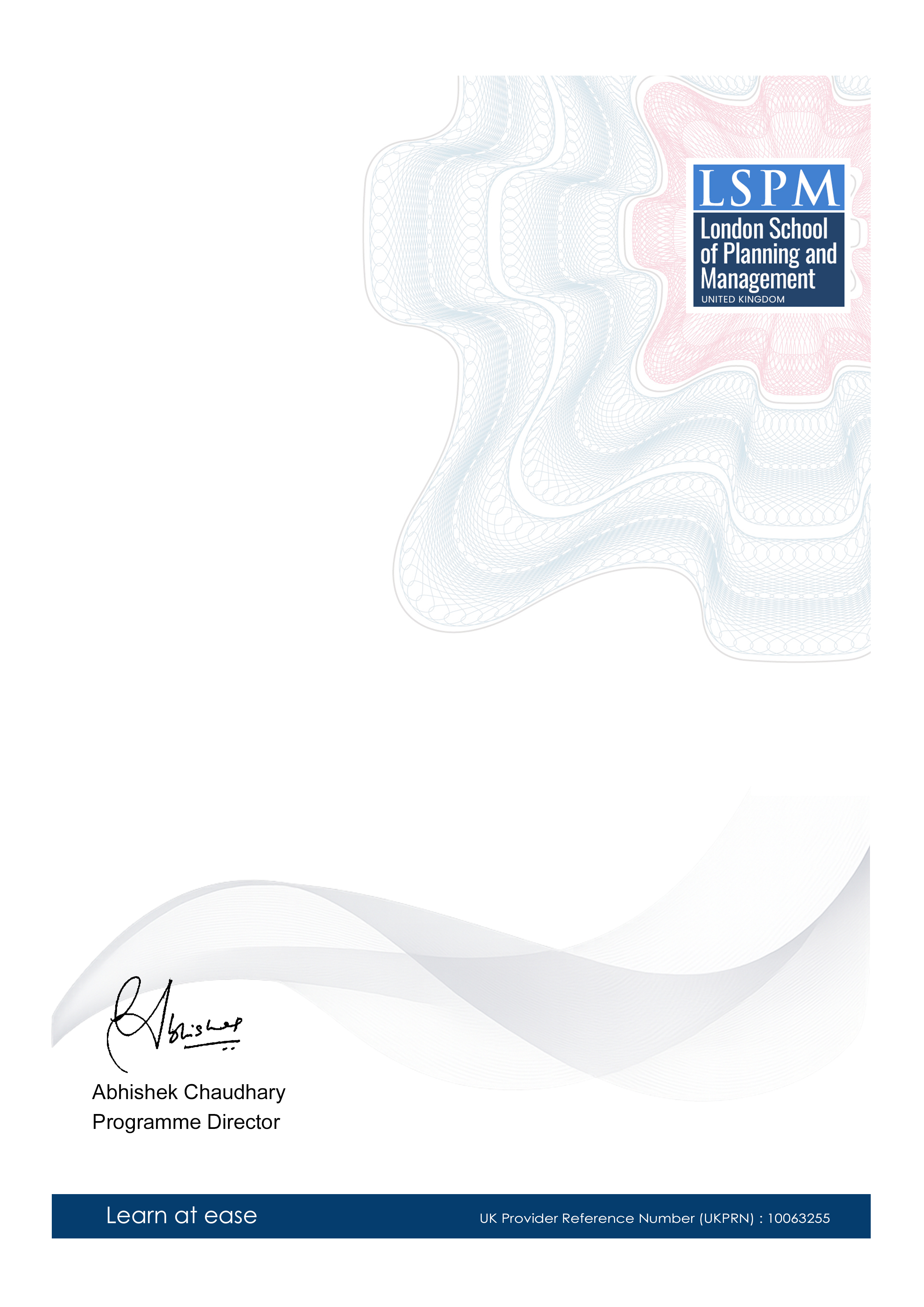Career Advancement Programme in Recreational Fisheries Economics Data Collection
-- viewing nowThe Career Advancement Programme in Recreational Fisheries Economics Data Collection is a certificate course designed to equip learners with essential skills for career growth in the fisheries industry. This program focuses on the economics of recreational fishing, a critical aspect of fisheries management and conservation.
3,565+
Students enrolled
GBP £ 149
GBP £ 215
Save 44% with our special offer
About this course
100% online
Learn from anywhere
Shareable certificate
Add to your LinkedIn profile
2 months to complete
at 2-3 hours a week
Start anytime
No waiting period
Course details
• Introduction to Recreational Fisheries Economics: Defining recreational fisheries, their significance, and the basics of recreational fisheries economics. Understanding the demand and supply factors influencing recreational fisheries.
• Data Collection Methods: Overview of various data collection methods, including surveys, interviews, and observations. Best practices for data collection, sampling techniques, and data quality control.
• Economic Valuation of Recreational Fisheries: Understanding the various approaches to valuing recreational fisheries, including travel cost, contingent valuation, and hedonic pricing methods. Practical applications and limitations.
• Designing and Administering Surveys: Designing effective survey questions, sampling frames, and data collection instruments. Strategies for administering surveys, such as mail, online, or in-person surveys. Ethical considerations in data collection.
• Data Analysis Techniques: Introduction to statistical analysis techniques, including descriptive and inferential statistics. Using statistical software packages to analyze data and interpret results.
• Market Research and Consumer Behavior: Understanding the role of market research in recreational fisheries economics. Analyzing consumer behavior, preferences, and decision-making processes in recreational fisheries.
• Policy and Management Implications: Understanding the policy and management implications of recreational fisheries economics. Identifying strategies for sustainable fisheries management and evaluating their economic impact.
• Case Studies in Recreational Fisheries Economics: Analysis of real-world case studies to illustrate the application of recreational fisheries economics and data collection. Best practices and lessons learned from past experiences.
Career path
Entry requirements
- Basic understanding of the subject matter
- Proficiency in English language
- Computer and internet access
- Basic computer skills
- Dedication to complete the course
No prior formal qualifications required. Course designed for accessibility.
Course status
This course provides practical knowledge and skills for professional development. It is:
- Not accredited by a recognized body
- Not regulated by an authorized institution
- Complementary to formal qualifications
You'll receive a certificate of completion upon successfully finishing the course.
Why people choose us for their career
Loading reviews...
Frequently Asked Questions
Skills you'll gain
Course fee
- 3-4 hours per week
- Early certificate delivery
- Open enrollment - start anytime
- 2-3 hours per week
- Regular certificate delivery
- Open enrollment - start anytime
- Full course access
- Digital certificate
- Course materials
Get course information
Earn a career certificate

